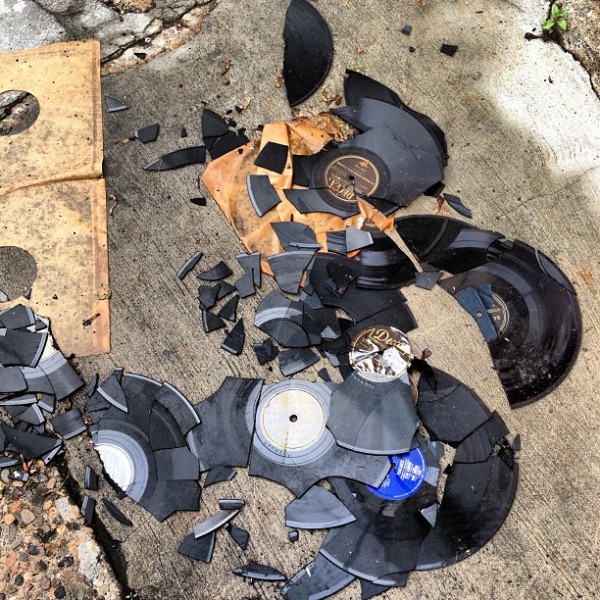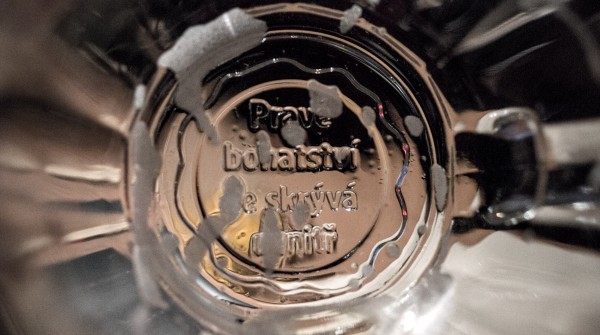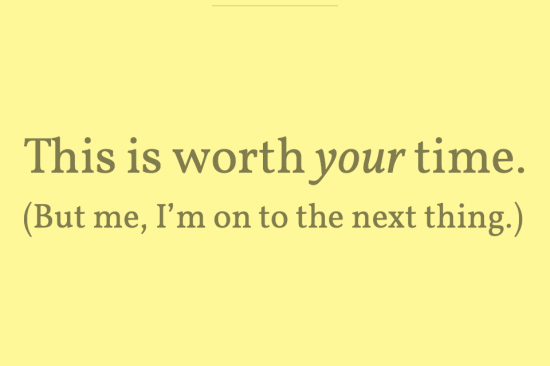I remember when I realized the value of America’s military.
My parents, radical activists who came of age in the 1960s, raised me to abhor war. Whether or not they intended it, by the time I was a teenager, their anti-violence philosophies left me suspicious of the police and disdainful of anyone who voluntarily chose to join the military.
I knew very little about the armed services. My father had avoided the Vietnam War draft by donating his services as a VISTA lawyer (absconding to Canada was considered the alternative). Whether or not his own father had served in WWII I never knew — I have a vague feeling my great-uncle had, but it was rarely discussed.
On my mom’s side, what I knew was that my grandparents had very narrowly escaped Berlin, right before the Nazis clamped down and corralled all Jews into concentration camps. I was aware that the U.S. had helped bring down Hitler, but I somehow placed it all in the past, some fuzzy bygone era where fighting was necessary. War was bad, and those involved in it were bad, I was convinced. I went to “No Nukes!” rallies and shunned friends who enlisted.
Then I went to college and met my husband. Then I dropped out and learned more from him, and with him, than in any school I’ve ever attended. One of those lessons was the realization — epiphany, really — that a military was an essential part of society. Continue reading How I learned to believe in Memorial Day






